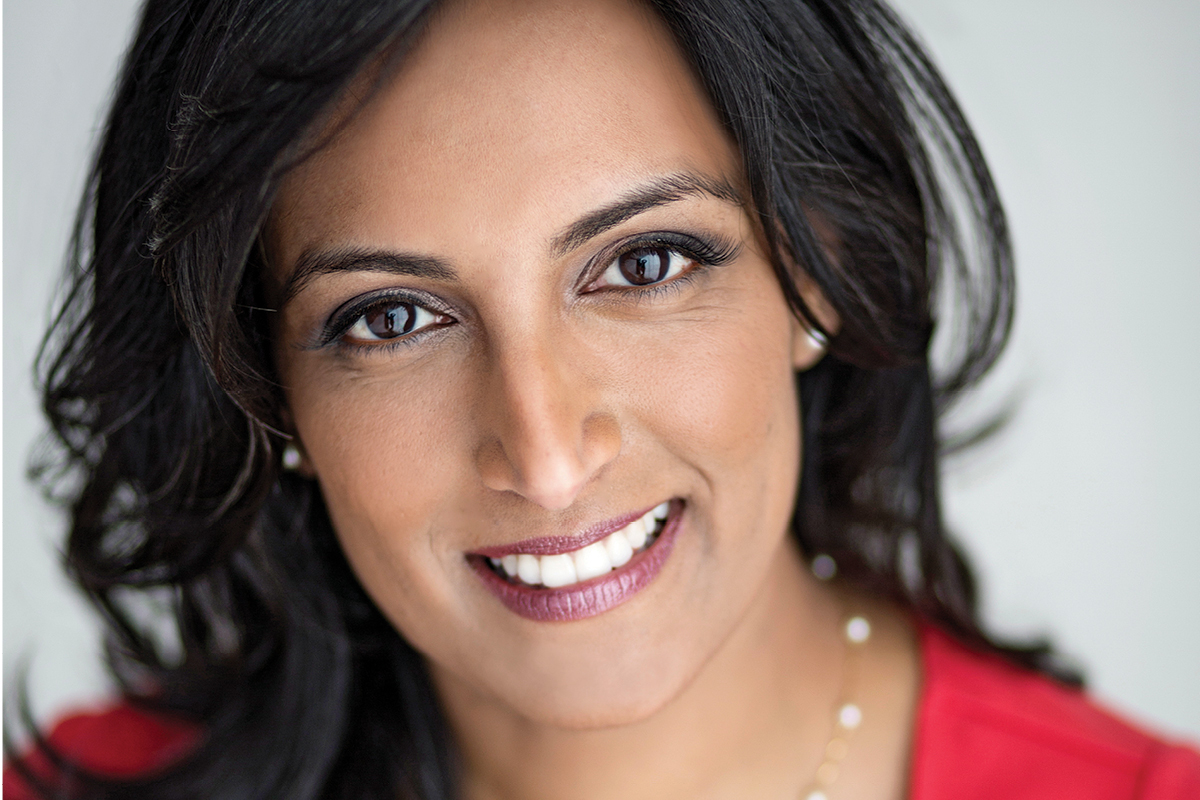The first seeds of consulting agency MindTribes were planted when Div Pillay, CEO and Co-Founder, first moved to Australia from South Africa. In the apartheid era, Div and her husband (co-founder Vick) had experienced legalised racial discrimination, though after moving to Australia, she found those social divides still present – if not legalised, then at least informally institutionalised.
Though Div had enjoyed a distinguished career in HR and as an organisational psychologist, she realised her career options were limited by a lack of diversity in the corporate world. With this in mind, Div decided to get into the start-up game. Her life in South Africa, she believes, taught her the resilience necessary to thrive as an entrepreneur.
“I know what I want to achieve with MindTribes and I’m going to get there,” Div says. “I know that there will be bumps along the way but I’ll just treat them as problems to solve. That problem-solving mentality from my early days has allowed me to navigate and to fail and learn fast.”
That forward-thinking attitude is what drove Div to apply for Westpac’s Businesses of Tomorrow program, which recognises planning, future-proofing and ambition, in contrast to other business awards, which focus on past achievements. When Div first saw the Businesses of Tomorrow program a year ago, she decided to use it as a goal, to ensure MindTribes was fully future-orientated. “It sharpened our focus to consider, ‘Let’s see what Westpac is assessing,’” Div explains. “‘What are their questions? What are they looking for?’ We used that as a benchmark.”
Once Div had joined the ranks of the Businesses of Tomorrow, she participated in a three-day workshop at Melbourne Business School, which gave her the opportunity to take that ball and run with it.
One lesson she learned was the necessity of early digital adoption (the course featured a presentation from a Google developer) and, as a result, she’s put MindTribes on the path to technological innovation.
“We’ve reviewed over 30 suppliers and we’ve come down to the last two,” she says. “We’ll choose one to provide a cool mobile platform. Our clients and leaders can be on this platform together. It will allow us to leverage the data collection from all our clients and give us a more agile way of supporting them.”
This is crucial in fulfilling MindTribes’ purpose – providing consultation services to businesses so they can acclimatise to culturally diverse environments. Innovations like chatrooms, online diagnostics and data collection will let the agency improve frequency of meetings, personalisation of services and the extent of MindTribes’ geographical reach.

Promoting cross-cultural business competence is essential in a country like Australia – 49% of the population is an immigrant, or has had at least one parent born overseas. It’s not a slowing trend either; well over half of population growth in the past two years has been thanks to migration.
In this environment, Div believes it’s crucial for companies to not just acquire cultural understanding internally, but externally too: these days, a company’s customer base is an ever-diversifying group. “When you talk about buying a house, setting up your banking systems or getting medical insurance, these things are relationship-based sales and services. That needs a lot of contextualisation of who these consumers are, now and in the future.”
Cultural capability proves beneficial for leaders in other ways. Corporate culture is wildly different between East and West, for example, a CEO can’t apply the same approach in both regions. MindTribes equips leaders with the necessary tools to adapt to these changes.
Harking back to the barriers that had once stood in Div’s path, another of MindTribes’ services is to encourage genuine corporate diversity, going beyond the superficial. “Many companies we start working with say, ‘Yes, we’re diverse,’ and often I’ll say, ‘Where are you diverse? On the shop floor? In the mailrooms? In the retail stores?’ But they’re not diverse at the decision-making and senior leadership levels. That’s got to change.”
This chance to enact social change is what motivates Div. For her, entrepreneurship needs to be both profitable and improve the society and business world we operate in. “If I’d stayed in my corporate role, we would not have made the social impact we have now,” Div says. “What we’re doing and living now is exactly what we dreamed of five years ago – to be doing this is in balance for us. Everybody has their own balance. This is ours.”
To find out more about the Westpac Businesses of Tomorrow program, visit businessesoftomorrow.com.au


